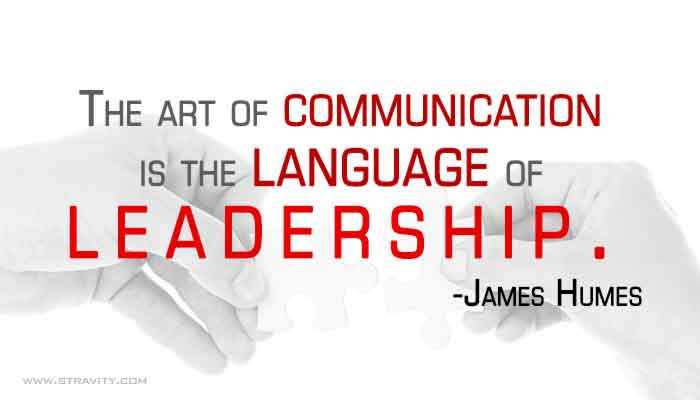This is the third installment of a four-part series entitled “Leadership: Important Steps to Build a Growing Company.” Stay tuned for the final installment in the coming weeks. In case you missed previous installments, you can check out the first installment here and the second installment here.
In a recent article on LinkedIn, I spoke about how effective communication first relies on developing effective listening practices. Leaders should first listen to their team to understand them and where they’re coming from so that they can communicate to them on their level.
Internet retail company Zappos is a great case study for seeing how these listening practices can shape communication channels and the culture of a company. In the following sections, I discuss how CEO Tony Hseih applied the art of listening in new ways by asking all Zappos employees to participate in the creation of the company’s core values.
Listening as a Business Leadership Practice
Traditional corporate notions of workplace professionalism often stifle individual personalities and personal relationships. “Professional” in this sense means you shouldn’t have non-work-related relationships with your colleagues. You shouldn’t talk about your personal life and/ or personal problems at work. You must follow company rules to a T. And when you’re at work, you should limit your actions to those within the socially constructed conventions of the office workplace. Basically, traditional corporate notions of professionalism tell people that they need to be an “office-version” of themselves in the workplace.
When Tony Hseih became the CEO of Zappos, he believed it was problematic for business organizations to stifle their employees’ personalities in the name of professionalism. He believed businesses need to acknowledge employees as human beings—not cogs in a machine that work from dusk to dawn. Employees have feelings and emotions. And when employees are not allowed to express how they feel and be themselves, they don’t perform so well.
So when Tony was charged with the task of developing company values for Zappos, he wanted to make sure that these values were relevant and personal to everyone involved. He didn’t set out to craft the company’s core values in a board room with a bunch of top executives. Instead, he delegated the responsibilities of developing company values to everyone in the organization. Everyone in the company had a say in what values Zappos should pursue.
Here are the 10 core values that the people at Zappos developed. As you read them, think about how you would feel as an employee working for a company that lives by these values and encourages their staff to “be weird”.
- Deliver WOW through service.
- Embrace and drive change.
- Create fun and a little weirdness.
- Be adventurous, creative and open-minded.
- Pursue growth and learning.
- Build open and honest relationships with communication.
- Build a positive team and family spirit.
- Do more with less.
- Be passionate and determined.
- Be humble.
Engaging Employees and Opening Lines of Communication
Listening engaged employees at all levels of Zappos in the development of a larger set of values that the company lives by today. Every core value that Zappos follows today emerged from the personal values of its employees. They are easy to believe in because they speak to employees on a personal level. When you have this type of personal validation and engagement across an entire organization, a company will thrive in the market. Suddenly, employee jobs don’t just feel like work anymore—a job feels like a mission to advance the employee’s own values.
This exercise in listening also helped Zappos open effective communication channels by taking employee feedback about and shaping core values according to what employees said was important to them. Effective communication practices such as these let employees know that the leadership is listening to them. When they feel that the company’s leadership believes employee perspectives matter (when they are treated like people and not machines), they will take initiative to do their best. They will take ownership of their responsibilities and beyond.
What Listening Did For Zappos’ Business Leadership
Delegating and sharing responsibility of creating company core values opened lines of communication and engaged personnel at all levels of Zappos. This process of listening helped shape company values into a set of practices that all employees are proud to stand behind. Zappos is now one of the most successful and fast-growing companies, and proof that this practice of listening and opening communication channels is an important part of developing excellent leadership practices in your company.
As a business owner or executive leader, are you taking advantage of the power of listening? Let’s start a conversation about how Stravity might help you improve your business leadership skills.
Stay tuned for the final part of this series, “Leadership Lesson 3: Diffusing Conflict,” coming out next week. Please like, share, and comment on this article. I’d appreciate your participation and wish to learn from your feedback.

Recent Comments